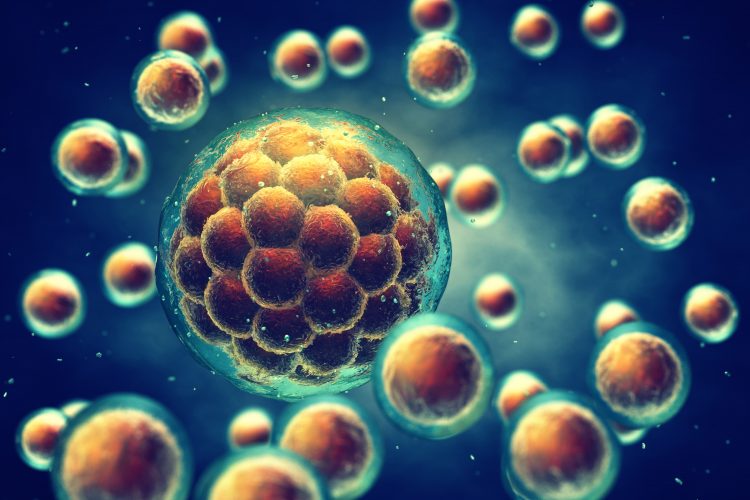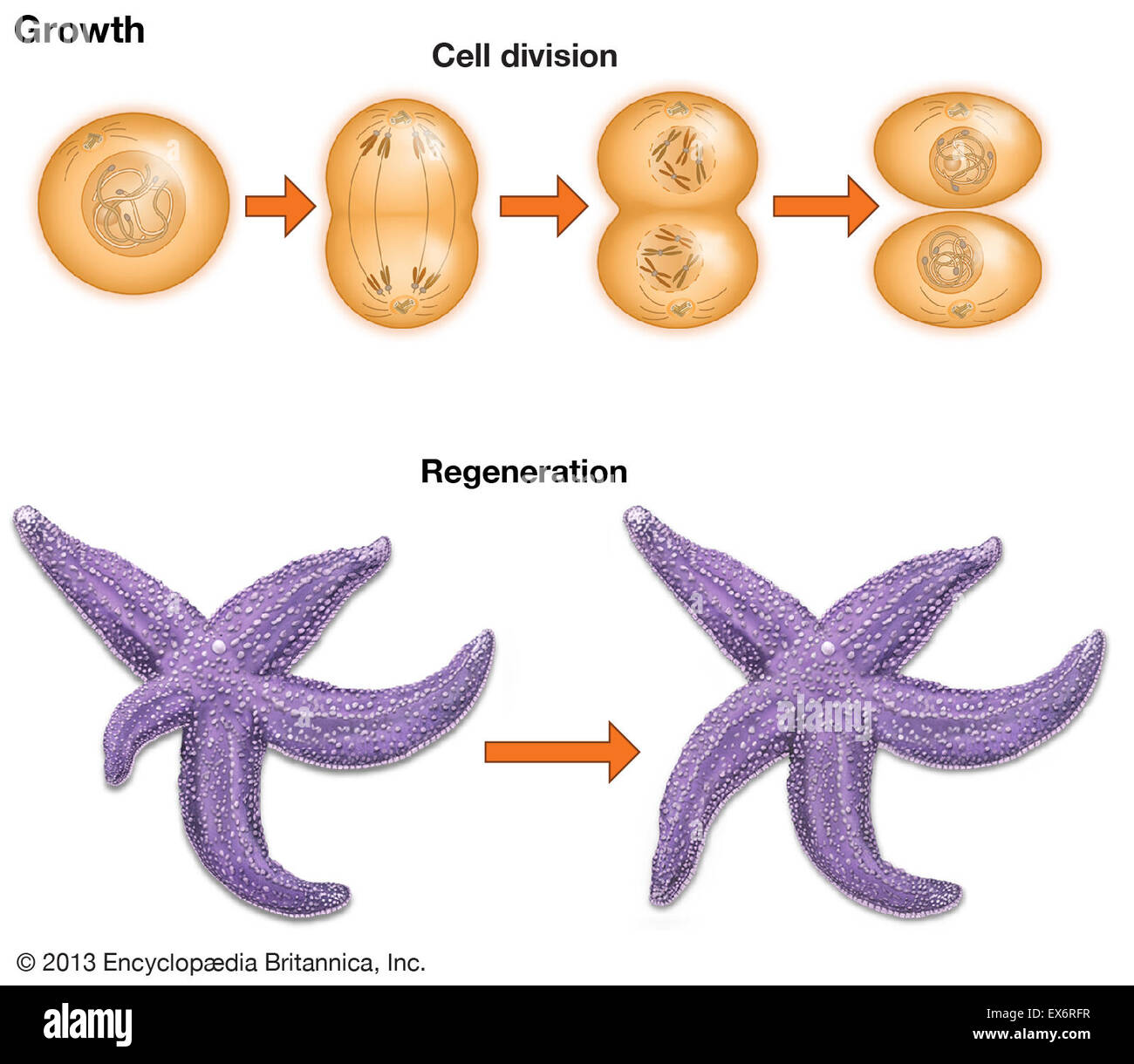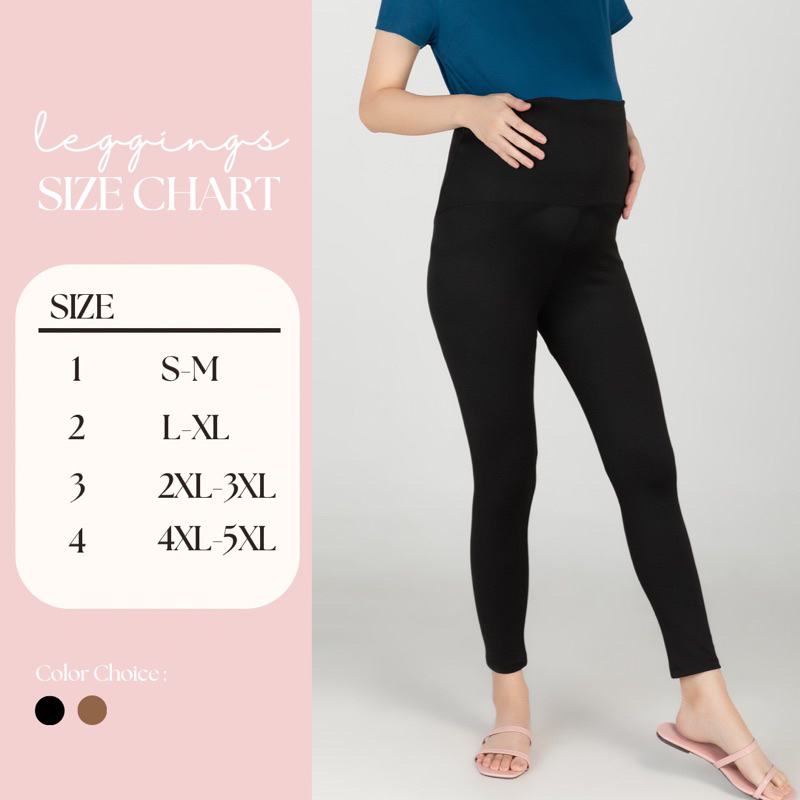Therapeutic application of regeneration-associated cells: a novel
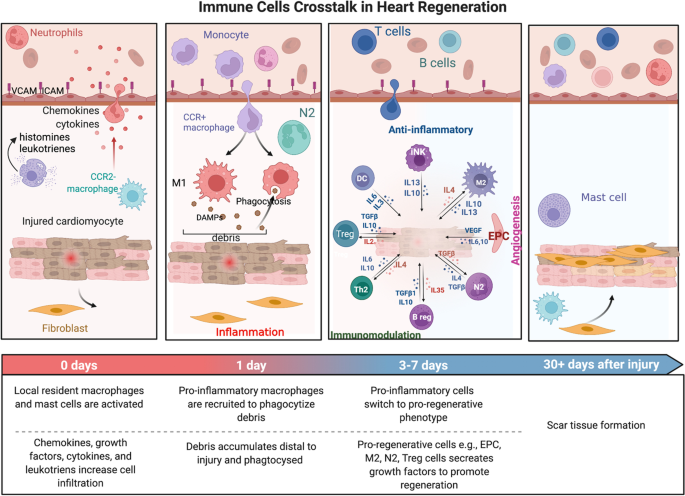
Chronic diseases with comorbidities or associated risk factors may impair the function of regenerative cells and the regenerative microenvironment. Following this consideration, the vasculogenic conditioning culture (VCC) method was developed to boost the regenerative microenvironment to achieve regeneration-associated cells (RACs), which contain vasculogenic endothelial progenitor cells (EPCs) and anti-inflammatory/anti-immunity cells. Preclinical and clinical studies demonstrate that RAC transplantation is a safe and convenient cell population for promoting ischemic tissue recovery based on its strong vasculogenicity and functionality. The outputs of the scientific reports reviewed in the present study shed light on the fact that RAC transplantation is efficient in curing various diseases. Here, we compactly highlight the universal features of RACs and the latest progress in their translation toward clinics.

QQc restores growth and vasculogenic potential of diabetic

QQc restores tubular formation of diabetic progenitor cells. A

Endothelial PGC-1α mediates vascular dysfunction in diabetes

Post-QQc adoptive diabetic progenitor cell therapy accelerates
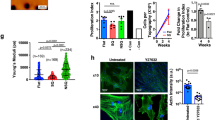
Mesenchymal stem cells: environmentally responsive therapeutics

Mehdi Hassanpour on LinkedIn: I'm so pleased to share that I'm

Schematic representation of the mechanisms underlying the
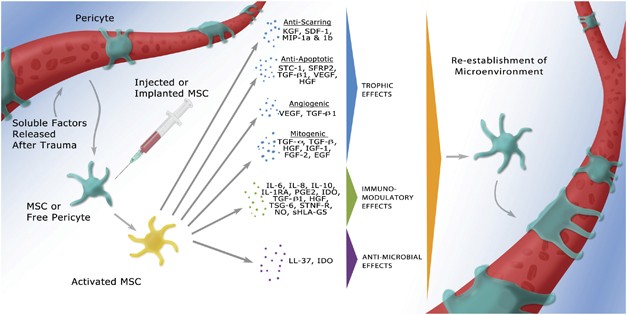
Mesenchymal stem cells: environmentally responsive therapeutics

Infarct volumes at day 21 following various cell transplantation

Human peripheral blood mononuclear cells enriched in endothelial

Vasculogenic Conditioning of Peripheral Blood Mononuclear Cells

The three-compartment model of EPC kinetics. a According to

Monocyte and macrophage heterogeneity in the heart. - Abstract

Effect of Repetitive Intra-Arterial Infusion of Bone Marrow
